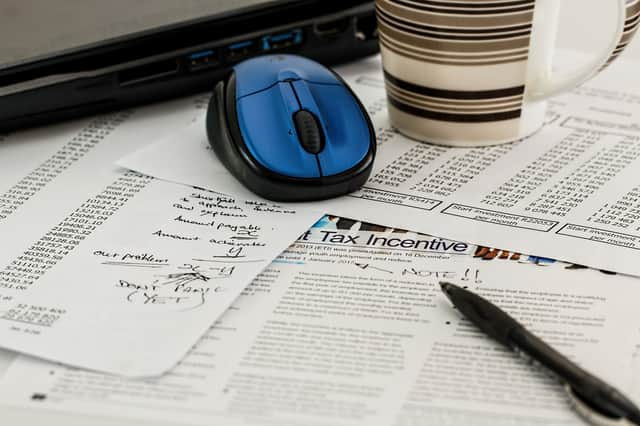Tax magic can bite you back - Lenders are frowning on clever schemes


In recent years, the definitions of the self-employed and employed have become increasingly blurred.
There are many different structures that accountants are coming up with to try to minimise their clients’ tax bills. One example of this can be seen happening often at the moment with many small firms making all of their staff unemployed, then hiring them on a self-employed basis.
Advertisement
Hide AdAdvertisement
Hide AdThere is usually no real difference to the day-to-day job, but there are considerable tax and national insurance savings to both the company and the worker.
This does have a few downsides, however, for the employees.
They may lose many rights and benefits by making the switch to self-employed, not only from the company, but from the government too, as their national insurance contributions may not grant them entitlement to many state benefits.
Another problem comes when they come to apply for a mortgage.
Not only do they usually need to wait at least a year or two before they can apply for a mortgage, but if they are deducting a lot of expenses when they submit their tax returns, this can greatly reduce the amount they are able to borrow.
Advertisement
Hide AdAdvertisement
Hide AdThere are new tax reducing schemes being made all of the time, and if you are considering your options, you should carefully think about the implications it may have, especially if you are going to try to get a mortgage any time soon.
In the distant past you could have your cake and eat it too, but these days mortgage lenders are toughening up on their rules and they want to make sure they are assessing income in the same way the tax man does.
Although it may be tempting to save a few thousand pounds, you may ruin your chances of getting on the property ladder.